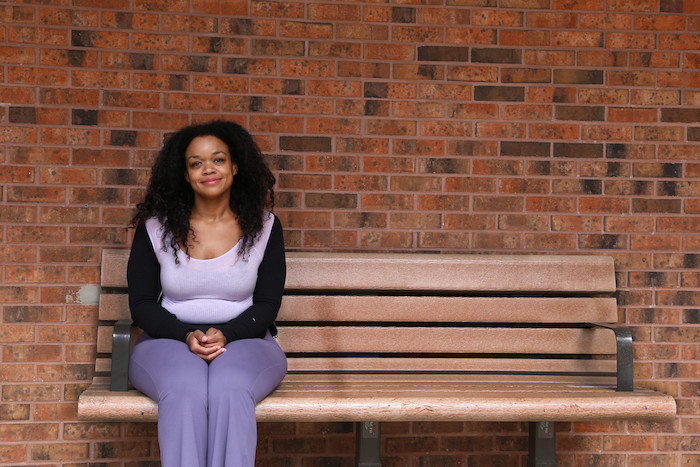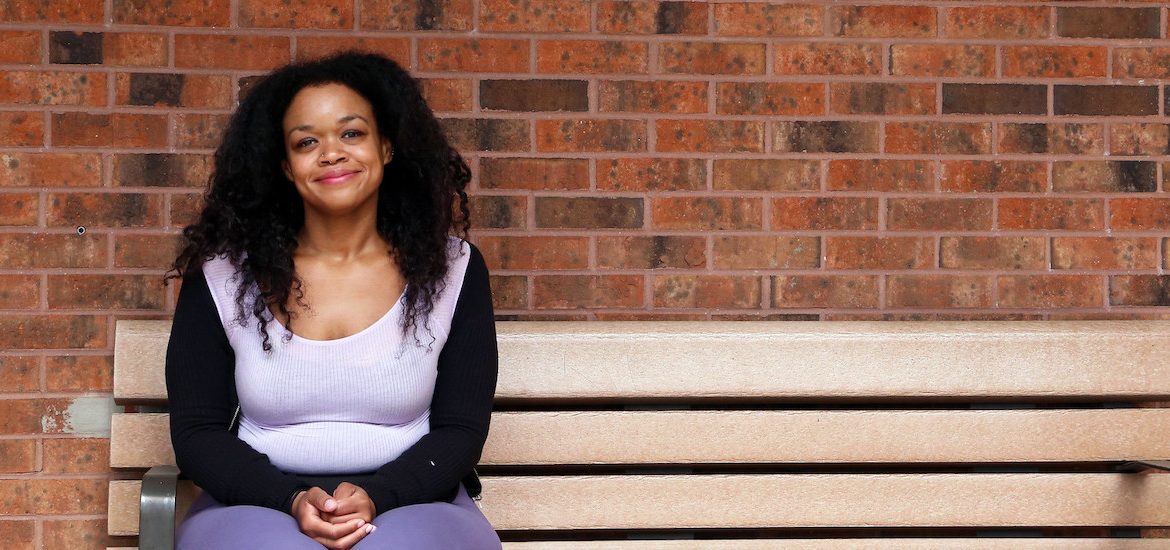This article is part of a running series with Rowan University’s Wellness Center. This collaboration aims to educate students about personal well-being options. For further updates, follow @RowanUWellness on Twitter, Instagram or Facebook.

The minutes, hours and days after the demise of a relationship can be some of the most profoundly painful moments experienced by humans. In today’s fast-paced, social media-driven world, romantic relationships have become more difficult to navigate than ever. Add to that the implications of social distancing amid a global pandemic and breakups seem almost inevitable — and they can be, but, they don’t have to hurt.
Breakups usher in uncomfortable feelings, self-criticism, emotionality and heartbreak — yet, these moments of adversity are powerful agents for growth and change: “…An ideal coping strategy should encourage those who have experienced a romantic relationship’s end to purposefully focus on the positive aspects of their experience while simultaneously minimizing negative emotions” (Seligman, et al 1). Breakups are opportunities that teach incredible life lessons and help cultivate personal power in a manner that can expand our perspectives which, in turn, can create the best version of ourselves.
Still reeling after experiencing a breakup? First, assess any and all feelings relating to the relationship and ensuing breakup. Honor these emotions by grieving as it feels natural, and realize any residual emotions are normal and healthy as the acceptance of such emotion can prove to be a critically important part of the healing process, particularly, as one re-establishes their own independence.
At this time, do not be afraid to reach out to family, friends or even a counselor to further process these feelings. It is paramount to accept all positive support, love and encouragement as it can be soothing, even transformative, in tough times. In addition, The Wellness Center offers counseling and psychological services for students which can assist in unpacking these feelings. To schedule an appointment call (856) 256-4333 Monday through Thursday, 8 a.m. to 6 p.m. and Friday 8 a.m. to 4 p.m.

Next, prioritize the needs of the self-conscious. Choose to step up self-care: get back into the gym, fearlessly contemplate switching up personal style with a new haircut or outfit, consider getting a massage or look into planning a day or weekend trip away with friends or family as breakups are the perfect time to “break free” and retreat to self in a comforting and empowering way. Further, don’t be afraid to constructively channel focus elsewhere, perhaps by re-engaging academic goals, giving back through acts of service such as by volunteering, discovering a new hobby or activity to partake in — cultivate experiences that give a sense of fulfillment as keeping oneself engaged in other aspects of life can be restorative. Overall, the key to healing and expanding upon oneself post-breakup is by adopting healthy behaviors that assist in facilitating this new life change, while also helping to promote dynamic growth and personal power.
Lastly, after taking adequate time to grieve, process and heal, don’t be afraid to get back out there — but only when ready and not a moment sooner. Above all, acknowledge that every individual person is unique when it comes to grieving and healing post-relationship. One’s journey may not be similar or reflective of another’s, and that is perfectly fine. Upon determining one is ready to open their heart again to love, accept that you are worthy of loving (and expressing love), proceed forward thoughtfully, at a speed that is comfortable. Initially, start by getting to know new people and growing new friendship connections — taking the time to enjoy the company of others can truly restore the confidence and strength required to reignite ones’ romantic life.
References:
Breakups aren’t all bad: Coping strategies to promote positive outcomes. http://www.apa.org/research/action/romantic relationships
Like what you see?
Story by:
Melinda Steward-Cobbs, senior psychology major, Wellness Center intern
Photography by:
Jabreeah Holmes, senior radio/TV/film major



